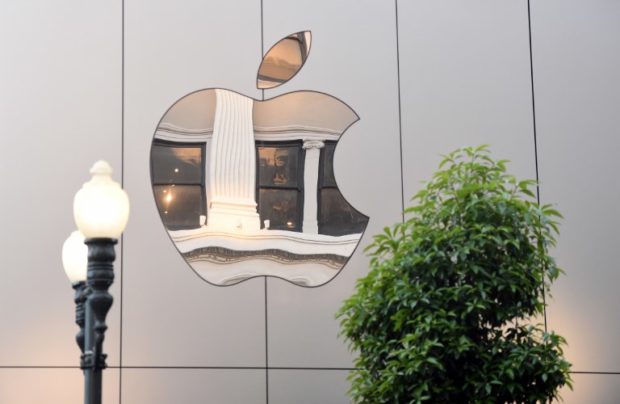EU authorities open twin Apple antitrust investigations

AFP
LONDON — European Union regulators opened two investigations on Tuesday into Apple’s mobile app store and payment platform over concerns its practices distort competition, opening a new front in the EU’s battle against the dominance of big tech companies.
The EU’s executive Commission said it formally launched the investigations over concerns that Apple’s way of doing business hurts consumers by limiting choice and innovation and keeping prices high. Apple dismissed the complaints as “baseless.”
The commission is examining whether Apple Pay’s rules require online shops to make it the preferred or default option, effectively shutting out rival payment systems. It’s also investigating concerns that it limits access for rival payment systems to the “tap and go” wireless function on iPhones.
The Commission opened a second investigation into the App Store over concerns Apple forces developers to use the company’s own in-app purchasing system, which charges them a 30% commission, and restricts them from telling iPhone and iPad users about other ways to pay for digital services like music subscriptions. The investigation follows complaints from music streaming service Spotify and an e-book distributor on the impact of the App Store’s rules on competition.
“It appears that Apple obtained a ‘gatekeeper’ role when it comes to the distribution of apps and content to users of Apple’s popular devices,” EU Executive Vice President Margrethe Vestager said. Regulators want to make sure Apple’s practices don’t affect competition in markets where it competes with other app makers, she said, citing its music streaming service and e-book services.
It’s also “important that Apple’s measures do not deny consumers the benefits of new payment technologies, including better choice, quality, innovation and competitive prices,” she said. Vestager noted that the coronavirus crisis has accelerated the growth in mobile payments as more people make online payments or “contactless” payments in stores.
Apple rejected the allegations, saying it has created new products and services in the world’s most competitive markets.
“We follow the law in everything we do and we embrace competition at every stage because we believe it pushes us to deliver even better results,” the company said in a statement.
“It’s disappointing the European Commission is advancing baseless complaints from a handful of companies who simply want a free ride, and don’t want to play by the same rules as everyone else,” it said.
Spotify welcomed the EU’s investigation, accusing Apple of creating an “unlevel playing field” and depriving consumers of choice. It refuses to use Apple’s payments system, which it says makes its subscriptions more expensive than Apple Music’s.
Vestager, the EU’s competition commissioner, has earned a reputation as one of the world’s toughest technology regulators. Four years ago she ordered Apple to pay 13 billion euros ($15 billion) in back taxes linked to a deal it made with the Irish government – a ruling that the company is challenging. She has also led antitrust investigations into other Silicon Valley giants including Google, which resulted in multibillion dollar fines.
Apple is perhaps best known for the iPhone but sales have been slowing lately as the smartphone market hits a plateau and the EU commission’s focus on Apple Pay and the App Store also highlights the tech giant’s efforts to expand revenue in its services business to offset the weakness in hardware.